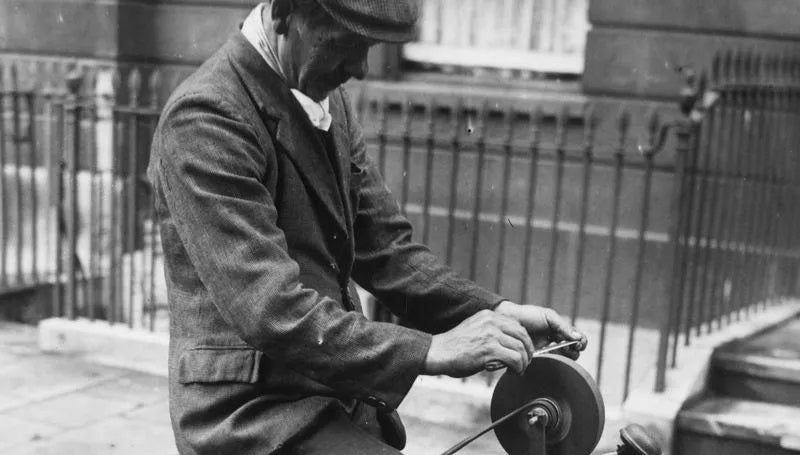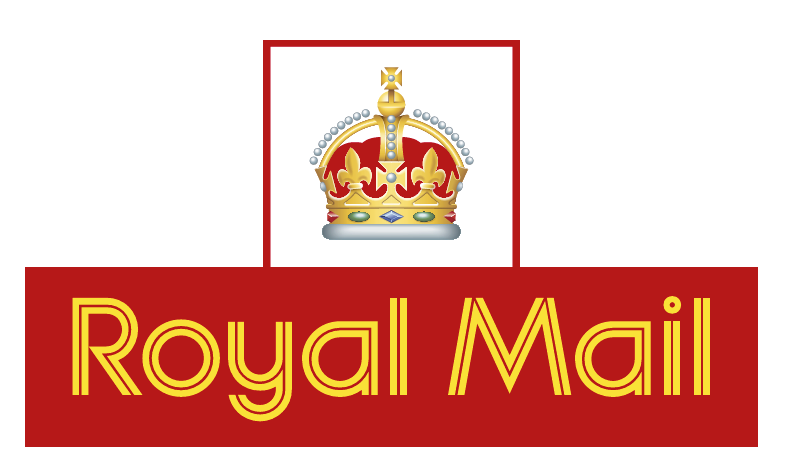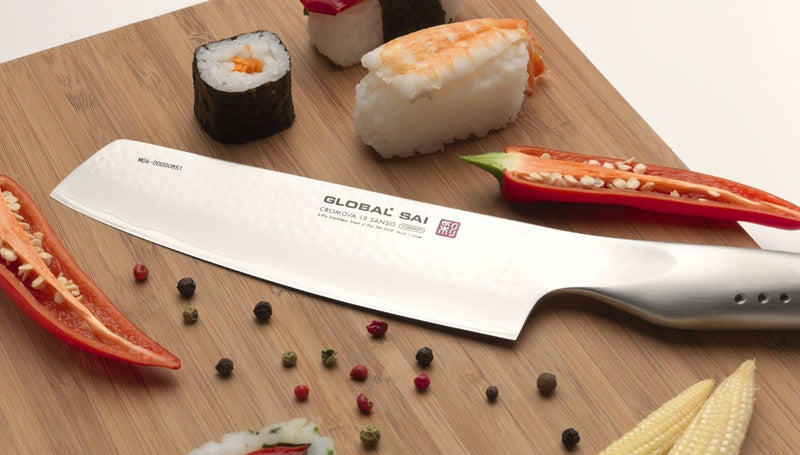FREE SHIPPING ACROSS THE UK
5 STAR CUSTOMER REVIEWS ⭐️⭐️⭐️⭐️⭐️
SHARPNESS GUARANTEED
FREE SHIPPING ACROSS THE UK
5 STAR CUSTOMER REVIEWS ⭐️⭐️⭐️⭐️⭐️
SHARPNESS GUARANTEED
Add description, images, menus and links to your mega menu
A column with no settings can be used as a spacer
Link to your collections, sales and even external links
Add up to five columns
Add description, images, menus and links to your mega menu
A column with no settings can be used as a spacer
Link to your collections, sales and even external links
Add up to five columns
The Fascinating History Behind Knife Sharpening
June 23, 2023 3 min read

Here at Knife Sharp we love sharpening knives, and Dan, our resident history buff and knife sharpener extraordinaire, really loves both sharp knives and the history of making them sharp. So much so we asked him to write a blog post summarising the history of knife sharpening. Sit back and prepare for fascinating read…
Knife sharpening, a practice deeply intertwined with our quest for cutting mastery, holds a captivating history that spans across the ages. In this blog post, we embark on an exciting and informative journey, unravelling the origins, techniques, and intriguing moments that have shaped the art of knife sharpening into the craft we know and appreciate today.
Ancient Origins
The roots of knife sharpening can be traced back to the earliest human civilisations. In those ancient times, our resourceful ancestors realised the importance of sharp edges for survival, hunting, and crafting. Through trial and error, they discovered methods to enhance the cutting abilities of their tools. These primitive techniques included rubbing stones, using abrasive sands, and utilising naturally occurring sharpening stones. These early forms of sharpening laid the foundation for the development of more sophisticated techniques in the centuries to come.

Skilled Craftsmen and Sharpening Traditions
As civilisations flourished and specialised trades emerged, skilled craftsmen became essential figures in the realm of sharpening. These artisans honed their skills in not only crafting exceptional knives but also in sharpening them to perfection. Their knowledge of various stones, sharpening angles, and honing methods elevated the art of knife sharpening to new heights, solidifying its significance as a distinct discipline within the realm of craftsmanship.
They formed exclusive guilds, passing down their sharpening techniques, knowledge, and secrets through generations. These guilds became hubs of innovation and expertise, fostering a sense of community among sharpening enthusiasts. The wisdom and traditions preserved within these guilds shaped the art of knife sharpening, instilling reverence for the craft and ensuring the dissemination of best practices.
Technological Advancements
The industrial revolution brought about significant advancements in the art of knife sharpening. With the rise of mechanization and mass production, sharpening methods evolved to incorporate new technologies. Grinding wheels, belts, and motorized systems became prevalent, offering increased precision and efficiency in the sharpening process. These technological innovations revolutionized the industry, enabling the creation of knives with consistently sharp edges on a large scale. Craftsmanship and modernity merged, transforming the way knives were sharpened and cared for.

The picture above from around 1900s shows knife grinders in Thiers, France. These knife grinders had the nickname of ventres jaunes or ‘yellow stomachs’ referring to the yellow dust released by the grinding wheels.
By laying face down, these yellow stomachs would save their backs from being hunched over all day. Workers were encourage to bring their dogs to not only keep them company but to act as heaters to keep them warm by having the dogs lie on their legs!
This is where the phrase ‘nose to the grindstone’ originated!
Tools and Techniques Develop
In the present era, knife sharpening has become more accessible and diverse than ever before. A wide array of tools and techniques cater to the needs and preferences of both professionals and home cooks. Traditional sharpening stones, ranging from natural to synthetic varieties, continue to be popular choices for enthusiasts seeking a hands-on approach. Additionally, modern innovations such as diamond-coated plates, ceramic rods, and guided sharpening systems have gained popularity for consistent results. Electric knife sharpeners (work of the devil!), featuring automated sharpening processes, have become convenient options for those seeking efficiency and convenience but hand sharpening remains the top tier of techniques. Just like what we do at Knife Sharp!
Summary
The history of knife sharpening unfolds as a fascinating tale of human ingenuity, craftsmanship, and our unrelenting pursuit of cutting excellence. From ancient origins rooted in survival to the sophisticated techniques of modern times, the art of sharpening blades has undergone a remarkable evolution. By understanding and embracing the historical significance of knife sharpening, we not only appreciate the craftsmanship behind it but also ensure the longevity and exceptional performance of our beloved knives in our culinary endeavours.
It’s safe to say that knife sharpening techniques and tools have moved on a bit since the days of the yellow stomachs! Here at Knife Sharp we have the skills and experience to make your knives sharper than new.
Stay Sharp!
Also in The 'Sharp' Blog

Now Accepting Klarna & USDC Stablecoin
December 16, 2025 2 min read
At Knife Sharp, we’re always looking for ways to make your experience with us smoother, faster, and more flexible. That’s why we’re excited to announce that we now accept both Klarna and USDC stablecoin as payment methods...

Now Offering Delivery via Royal Mail
September 10, 2025 2 min read
At Knife Sharp, we’re always looking for ways to make life easier (and sharper!) for our customers, we are very proud to say that we now offer delivery via Royal Mail, using the tracked and insured, next day delivery service, Royal Mail Tracked 24®...

Identifying fake & counterfeit Global knives
May 01, 2024 3 min read
Here at Knife Sharp, we sharpen hundreds of Global knives every week. We love them as they are high quality and hold a fantastic sharp edge. However more recently we have been seeing more and more fake Global knives come to us...
Read More
